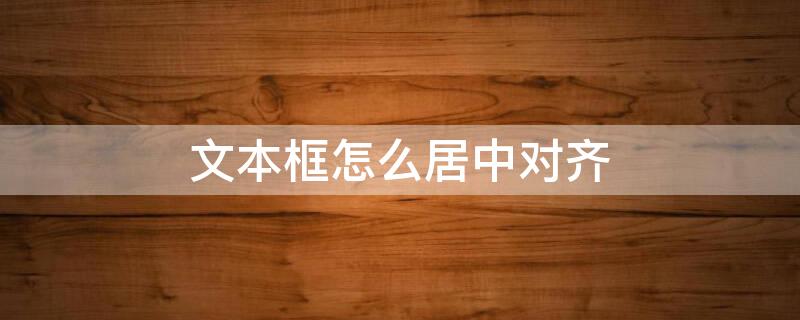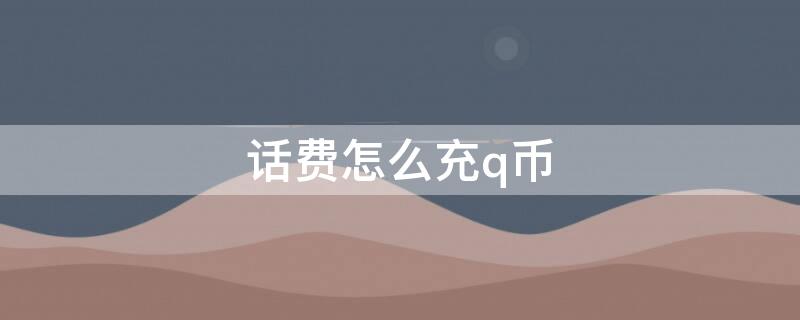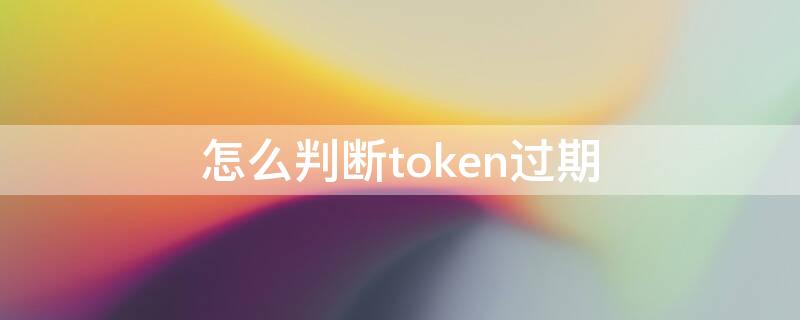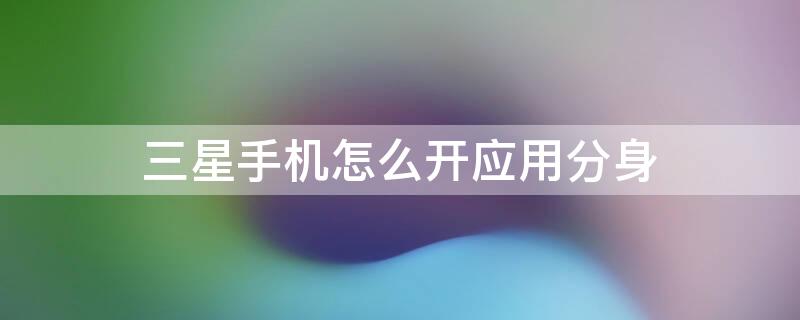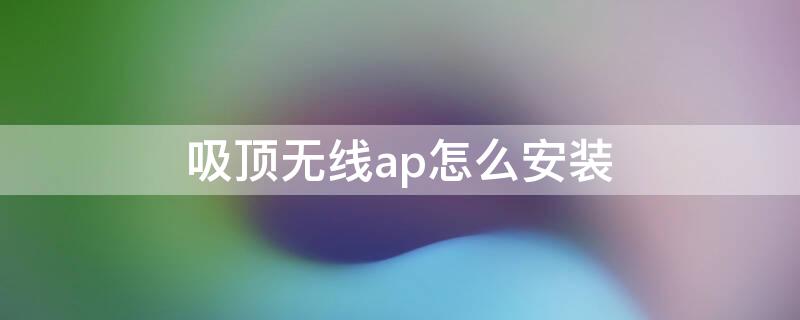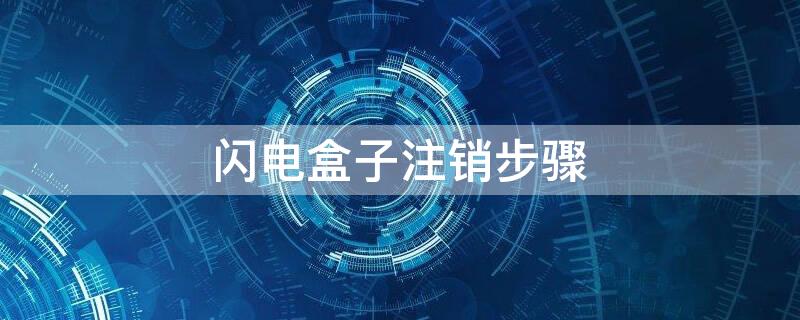
Map.vue是为iview组件开发的一个基于百度地图的组件,实现了点是否在框内的判断,画多边形覆盖物,添加自定义富文本标记物等功能.
第一步:重构自定义的富文本对象,设置为全局对象.
原代码的富文本对象是声明在addResource这个方法里面的,代码结构非常复杂,在beforeCreate这个钩子函数里面申明为全局的,就可以多次复用,不需要重复声明来了, 否则,每调用一次paintPolygon方法,都要重新声明一次,非常麻烦,效率太低下.
原代码是在父组件中处理好这个富文本对象需要的数据,再把这些数据传到富文本对象的构造函数里面,重构的处理方式,是将一整个数据对象(data对象)传到对象的构造函数里面,再根据需求,分解data对象来声明对象的属性(this._content | this._point | this._color等). 总结下来,数据总是应该在最靠近 使用数据的地方 进行处理.
window.ResOverlay = function(data, fun){
this._data = data
this._content = data['type'].name + "|" + data['name']
this._point = new BMap.Point(data.coord[0], data.coord[1])
this._fun = e => {
fun(data)
if(typeof(e.preventDefault()) == 'function'){
e.preventDefault() // IE下去除地图点击事件的冒泡
}else{
e.stopPropagation() // chrome下去除地图点击事件的冒泡
}
}
this._color = data['type'].color || "#5cadff" // 不同类型的资源有不同的颜色,默认颜色为#5cadff。
}
第二步:函数传递
需要为富文本添加电脑端的click事件和移动端的touchstart事件.涉及到要操作父组件中的data数据,所以采用将函数fun作为参数传入
父组件请求回数据再做处理,rep.data.data.resources为data,fun就是 data => {}
this.$http.get('/api/search').then(rep => {
this.$refs.main.addResource(rep.data.data.resources, data => {
this.resourceName = data["name"]
this.resourceType = data["type"].name
this.resourceUpdata = data["uploader"]
this.resourcePosition = data["coord"]
console.log(data["attachment"])
let allList = []
data["attachment"].map(i => {
let tempList = []
tempList.push(i)
tempList.push(i.split("/")[i.split("/").length - 1])
allList.push(tempList)
})
this.resourceDetial = allList
// 为资源添加图像
for(let i=0; i
this.resourceImage.push(data["images"][i])
}
if (data["images"].length > 0){
this.isExistImage = true
}else{
this.isExistImage = false
}
// 为资源添加附件
if (data["attachment"].length > 0){
this.isExistAttach = true
}else{
this.isExistAttach = false
}
// 显示模态框
this.modal1 = true
})
})
在构造函数中,这样子处理
this._fun = e => {
fun(data)
if(typeof(e.preventDefault()) == 'function'){
e.preventDefault() // IE下去除地图点击事件的冒泡
}else{
e.stopPropagation() // chrome下去除地图点击事件的冒泡
}
}
最后,在合适的位置,添加事件
wrapDiv.addEventListener("touchstart", this._fun);
wrapDiv.addEventListener("click", this._fun);
